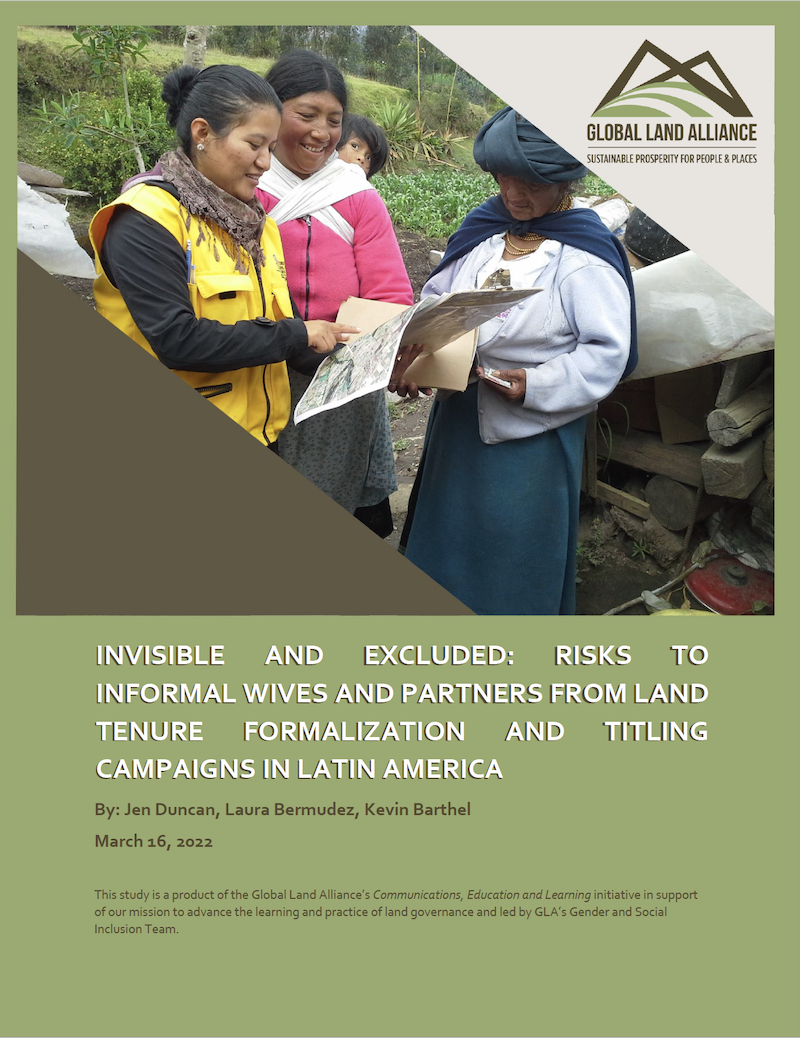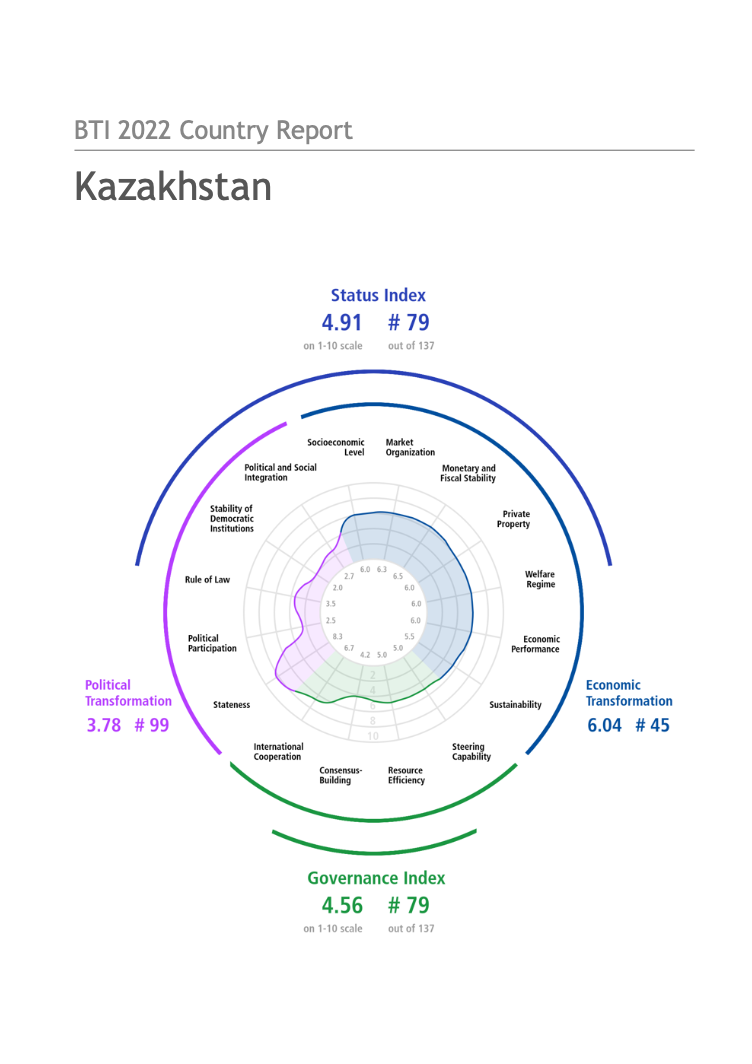Women’s leadership and gender equality in climate action and disaster risk reduction in Africa – A call for action
This brief builds on the recommendations from the webinar jointly organized by FAO, ARC and WFP on
“Advancing Women’s Leadership in Climate Action and Governance” in March 2021. It was prepared by
FAO Regional Office for Africa Gender and Climate Change teams, in collaboration with the Africa Risk
Capacity Gender Team






